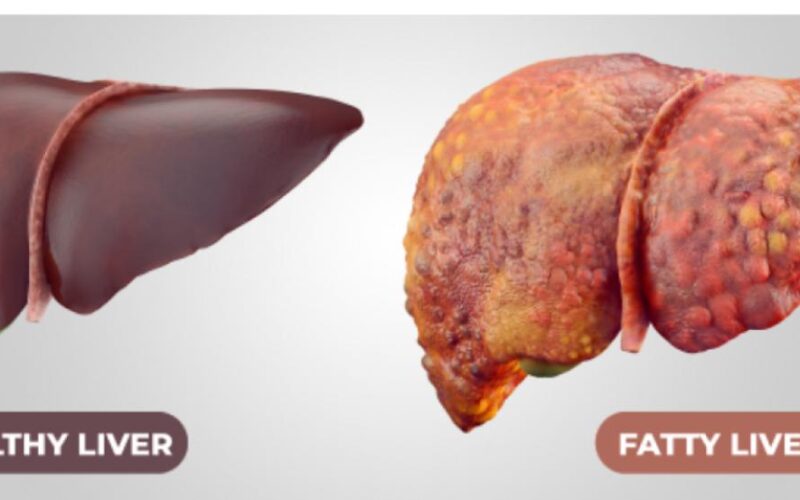Chandigarh (Naval Kishore): Non-alcoholic fatty liver disease (NAFLD) is now affecting nearly 25% of adults worldwide, including a rising number of cases in India, making it one of the most common chronic liver conditions globally. Health experts are raising concerns over the increasing trend, especially among urban populations with sedentary lifestyles and poor dietary habits.
During a seminar in Chandigarh, Dr. Naval Kishore from National Times stated that NAFLD is primarily caused by insulin resistance, poor eating habits, and metabolic dysfunction, and is commonly associated with obesity, type 2 diabetes, high cholesterol, and high blood pressure. “When more than 5–10% of the liver’s weight consists of fat, it is classified as a fatty liver. The good news is that in its early stages, it is completely reversible through lifestyle modifications,” said Dr. Kishore.
The liver plays a vital role in processing nutrients, detoxifying the blood, and producing bile. When fat accumulates in the liver, it can lead to inflammation, fibrosis, and potentially, cirrhosis if left untreated.
Dr. Kishore outlined the major risk factors for NAFLD, including central obesity, sleep apnea, polycystic ovary syndrome (PCOS), hypothyroidism, and family history. He also emphasized that many patients may remain asymptomatic until the condition progresses.
Highlighting the role of diet, Dr. Kishore said poor food choices can overload the liver, but the organ has a strong regenerative ability. “Avoiding refined sugars (especially fructose in soft drinks and juices), processed foods, trans fats, and fried items is essential,” he said. “At the same time, including leafy greens, whole grains, low-fructose fruits, legumes, lean proteins, and healthy fats like olive oil and avocado can promote liver recovery,” he added.
Dr. Kishore also recommended regular physical activity at least 150 minutes of moderate exercise per week, weight management, and limiting alcohol and unnecessary medications to support liver health.
He further stated that green tea and coffee, in moderation, may help reduce liver inflammation. “NAFLD is one of the few chronic diseases that can be reversed. But patients must be proactive and consult their healthcare providers before starting any diet or fitness plan,” he noted.
Dr. Kishore concluded by urging the public to make informed food choices and commit to sustainable lifestyle changes to protect and restore liver health.

